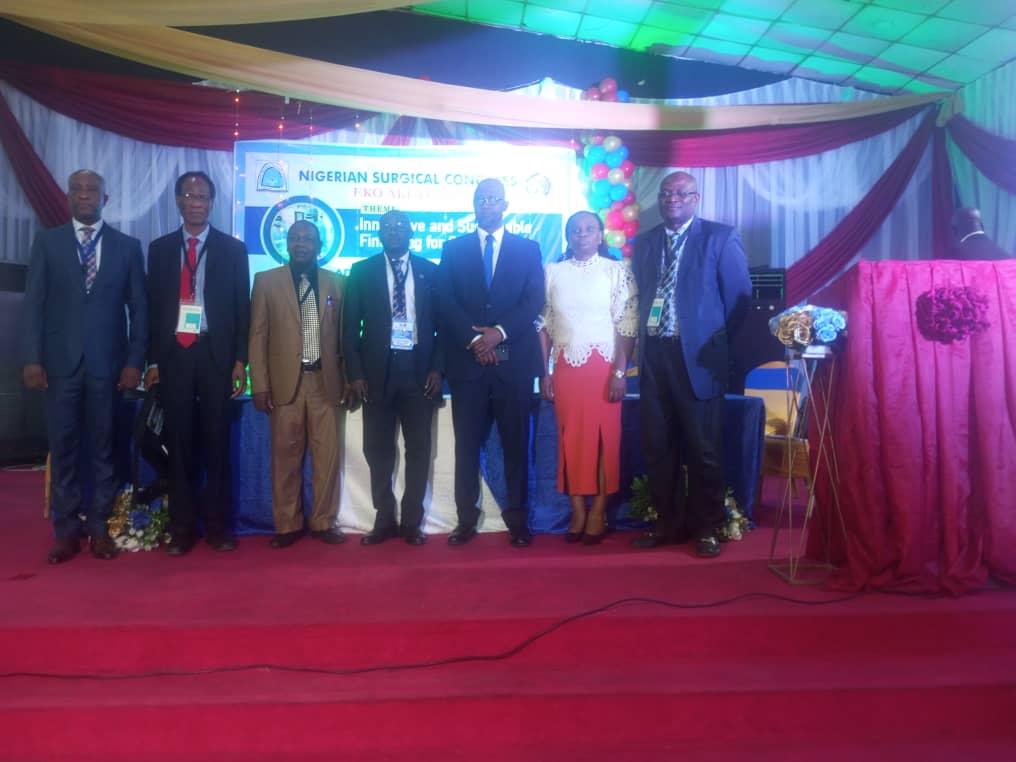Senate Passes Second Reading of Bill to Establish Framework for National Digital Economy in Nigeria

By Fatima Saka
The Nigerian Senate on Tuesday passed for second reading a bill seeking to establish a comprehensive legal and institutional framework for the development and regulation of Nigeria’s digital economy and digital governance systems.
The bill, sponsored by Senator Salisu Shuaib Afolabi, representing Ogun Central Senatorial District, aims to provide a structured foundation for electronic communications, digital transactions, and emerging technologies such as artificial intelligence, while also promoting inclusive digital education and workforce transformation.
Leading the debate, Senator Salisu emphasized the importance of the legislation in positioning Nigeria for 21st-century governance and economic competitiveness. He said the bill was originally introduced in the Senate on July 4, 2024, and forms part of broader national efforts to drive innovation, eliminate bureaucratic inefficiencies, and enhance public trust in digital governance.
“This bill holds immense promise for our nation,” Senator Salisu declared. “It proposes a legal framework for electronic records, digital signatures, and mandatory digital transformation in public institutions governed by national ICT standards.”
The bill also introduces transparent, risk-based regulations for artificial intelligence and other emerging technologies, aims to secure Nigeria’s digital infrastructure, and sets out to embed digital education across schools, public services, and workforce training.
According to Salisu, the expected impact of the legislation includes:
Legally recognized paperless transactions to boost business productivity.
Transparent digital governance that reduces inefficiencies and corruption.
A harmonized digital education policy to bridge the digital divide.
Estimated government savings of $300 billion annually from reduced paperwork and procurement inefficiencies.
Improved tax compliance through digital identity integration and data transparency.
Creation of over 1.5 million jobs in digital sectors such as software development, cybersecurity, and AI.
Senator Mohammed Tahir Monguno (Borno North) also backed the bill, describing it as “very apt and germane” given the global shift toward digital economies and the growing influence of artificial intelligence. “This bill gives moral and legal structure to the operation of the digital economy and the use of AI in Nigeria,” he noted.
Following unanimous support, the Senate referred the bill to the Committee on ICT and Cybersecurity for further legislative scrutiny and report.
READ ALSO: Senate Approves 2025 Budgets Over N10bn Earmarked for Capital Projects for NCC, USPF
In his remarks, Deputy Senate President, Senator Barau I. Jibrin, commended Senator Salisu for championing a bill of critical national relevance. He described the proposed legislation as a “bold and timely initiative that reflects Nigeria’s readiness to compete in the global digital economy,” urging the committee to expedite its review.
If passed into law, the bill will serve as a landmark legal instrument enabling Nigeria’s transition to a digitally driven economy and governance system.





